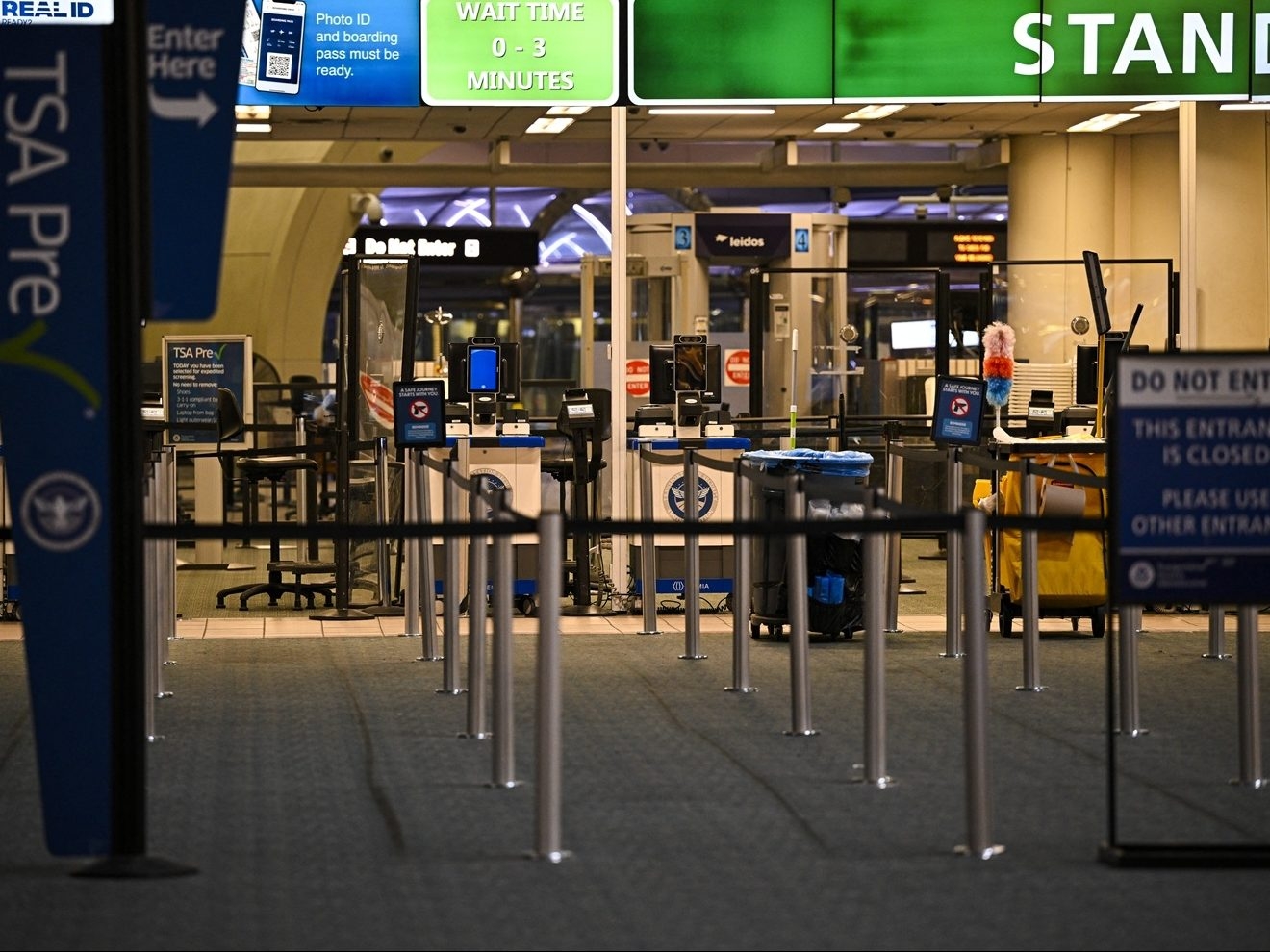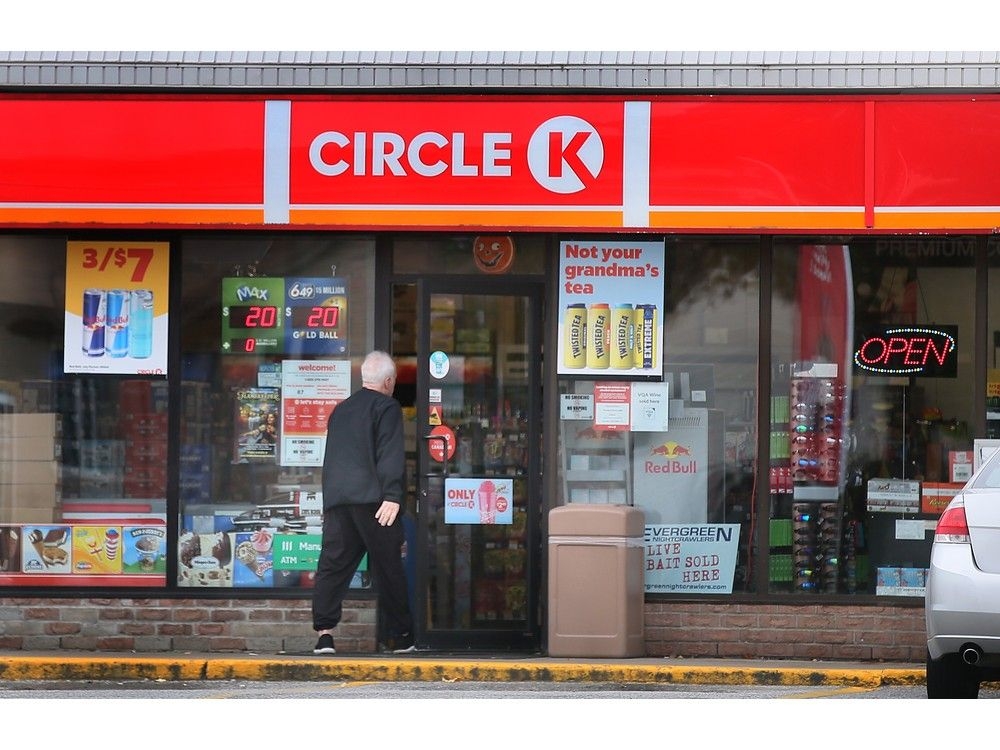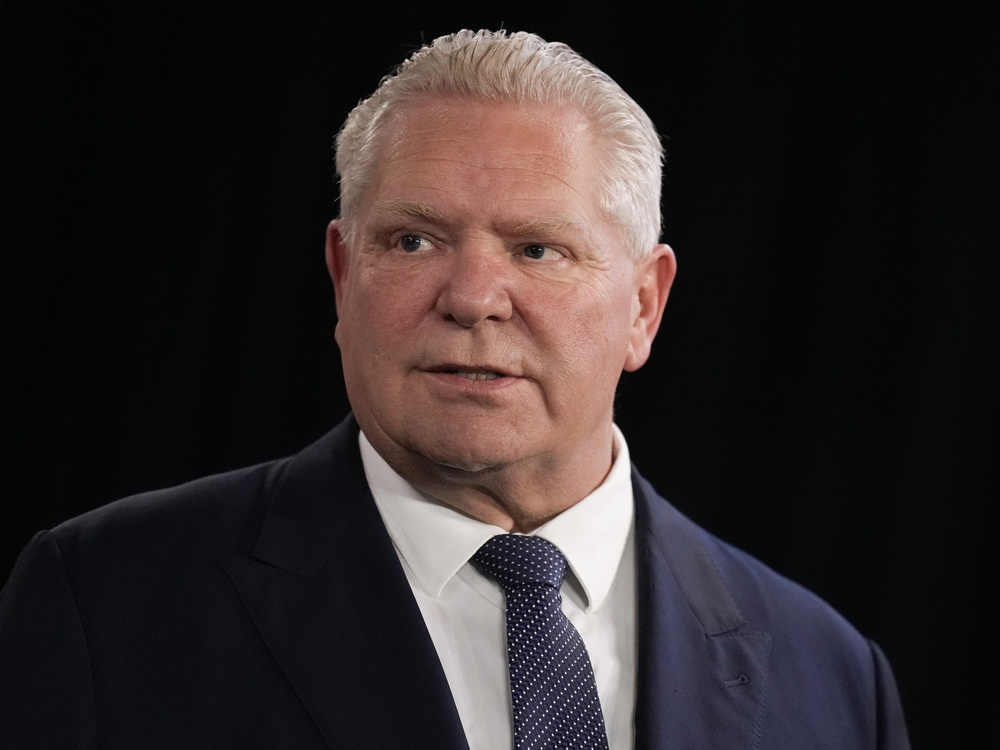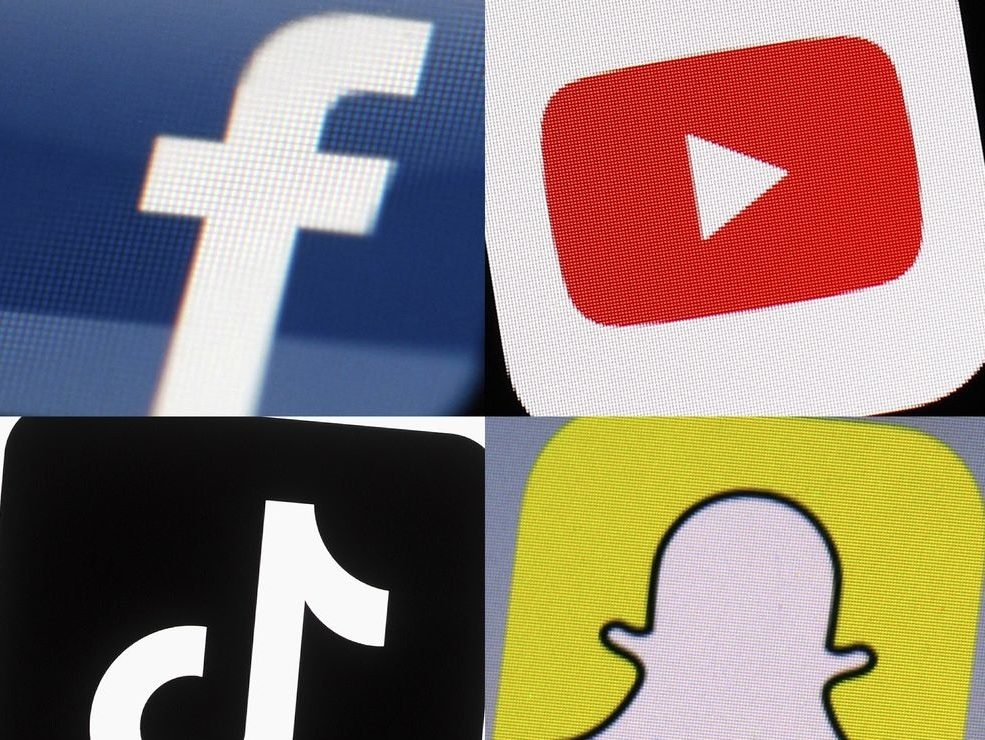A federal judge delivered a sharp rebuke to prosecutors Wednesday in the case against former FBI Director James Comey, demanding they release a substantial amount of evidence to the defense. The judge voiced concern that the Justice Department appeared to have prioritized indictment over thorough investigation.
Magistrate Judge William Fitzpatrick ordered the immediate production of grand jury materials and evidence seized during a years-old investigation into FBI media leaks. Comey’s legal team argued they were severely hampered by their inability to review information collected long ago, hindering their ability to mount a proper defense.
Comey, present at the hearing but remaining silent, stands accused of lying to Congress in 2020. The charges were filed shortly after former President Trump publicly urged his attorney general to prosecute Comey and others he considered political adversaries, raising questions about potential political motivations.
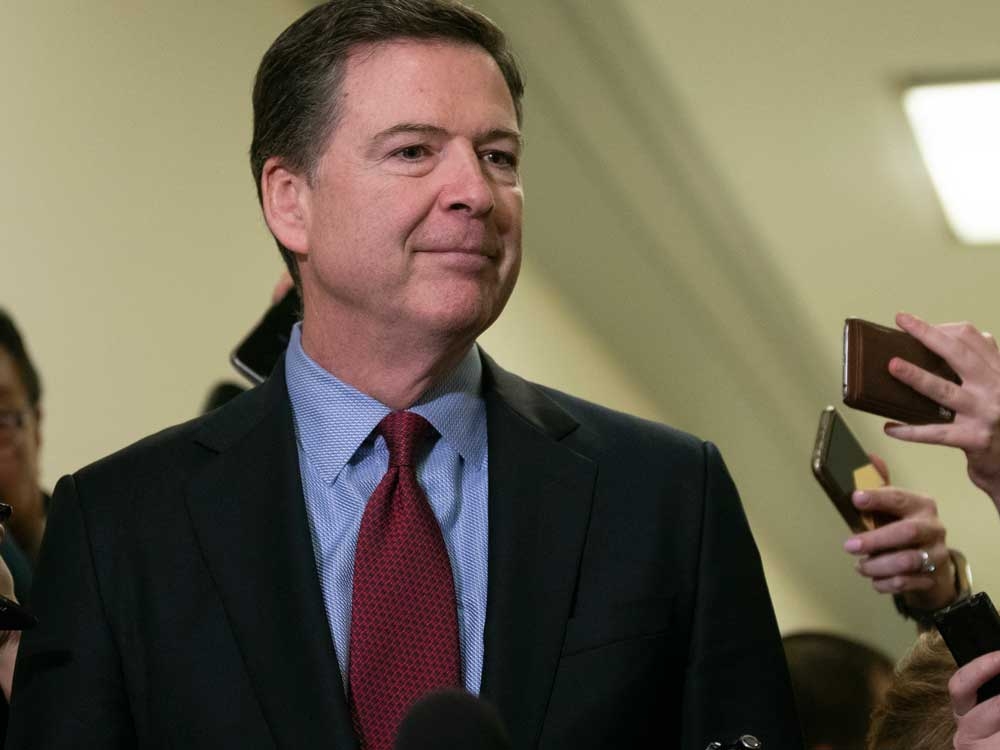
Judge Fitzpatrick didn’t mince words, describing the case’s progression as “highly unusual.” He explicitly stated his belief that the Justice Department seemed to have made a decision to “indict first” and then attempt to build a case afterward, a deeply concerning procedural reversal.
Defense attorneys have already requested transcripts of grand jury proceedings, alleging irregularities and potential errors that could lead to the case’s dismissal. They argued a fair defense is impossible without access to the full scope of the government’s investigation.
The judge’s order extends beyond grand jury materials, requiring prosecutors to also turn over evidence seized from Daniel Richman, a Columbia University law professor and close confidant of Comey. Richman is central to the prosecution’s claim that Comey encouraged leaks to the media.
Prosecutors allege Comey falsely denied authorizing media leaks when questioned by the Senate Judiciary Committee. However, Comey’s lawyers contend the question posed by Senator Ted Cruz was ambiguous and likely referred to a different individual, former Deputy Director Andrew McCabe, not Richman.
A critical point of contention is the evidence obtained from Richman. Comey’s defense team has not been shown these materials and fears the inclusion of privileged information improperly used against their client. The judge pledged to rectify this immediately.
The timing of the indictment has fueled accusations of political interference. It followed a direct call to action from Trump on social media, urging the attorney general to prosecute Comey. This prompted scrutiny of the appointment of the U.S. attorney overseeing the case.
Lindsey Halligan, a former White House aide and Trump lawyer, was installed as U.S. attorney after the previous prosecutor resigned amid pressure to indict Comey and New York Attorney General Letitia James. This sequence of events has intensified concerns about the case’s impartiality.
Despite the controversy, the Justice Department has defended Trump’s social media post, arguing it represents a “legitimate prosecutorial motive” and does not warrant dismissal of the indictment. The judge’s order, however, signals a clear skepticism towards this justification.
